IndicO Encounters with Elvira Viegas and Horácio Guiamba – Cross times

Life is made of encounters and missed moments, an old poet sang, drunk with time and all its vicissitudes. Elvira Viegas and Horácio Guiamba are proof that the poet was not wrong. Their first encounter was with their works. Viegas in music and Guiamba in theatre.
They are not on stage, where we are used to seeing them, but in the Fernando Leite Couto Foundation Library, which is sometimes also transformed into a stage. There they pressed play to reproduce some episodes of the work that are their lives in a relaxed conversation, as these improbable Indian Ocean Encounters, produced by the Foundation and Índico, Mozambican Airlines’ in-flight Magazine, always are intended to be.
The photographs that Yassmin Forte shows shortly before the conversation begins reveal a shy Horácio, incapable of a pose. How does a theatre and film actor fear a camera? In a recent interview, published in Mbenga Artes e Reflexões, he said that “everything is big in the theatre,” alluding to the fact that the camera is closer, when in a theatre everything is further away.
“I grew up listening to Elvira”, commented Horácio Guiamba, now 40 years old, after having already talked about this mutant pandemic that changed the bearings of the world, telling that he accompanies the 66-year-old singer and performer – keeping her still youthful appearance – since childhood.
Little did the actor, now a professor of the Theatre degree at the Eduardo Mondlane University School of Communication and Arts, know that the Gungu Company, which he joined in 2000, had been guided by Elvira Viegas to obtain the theatre that currently belongs to the group.
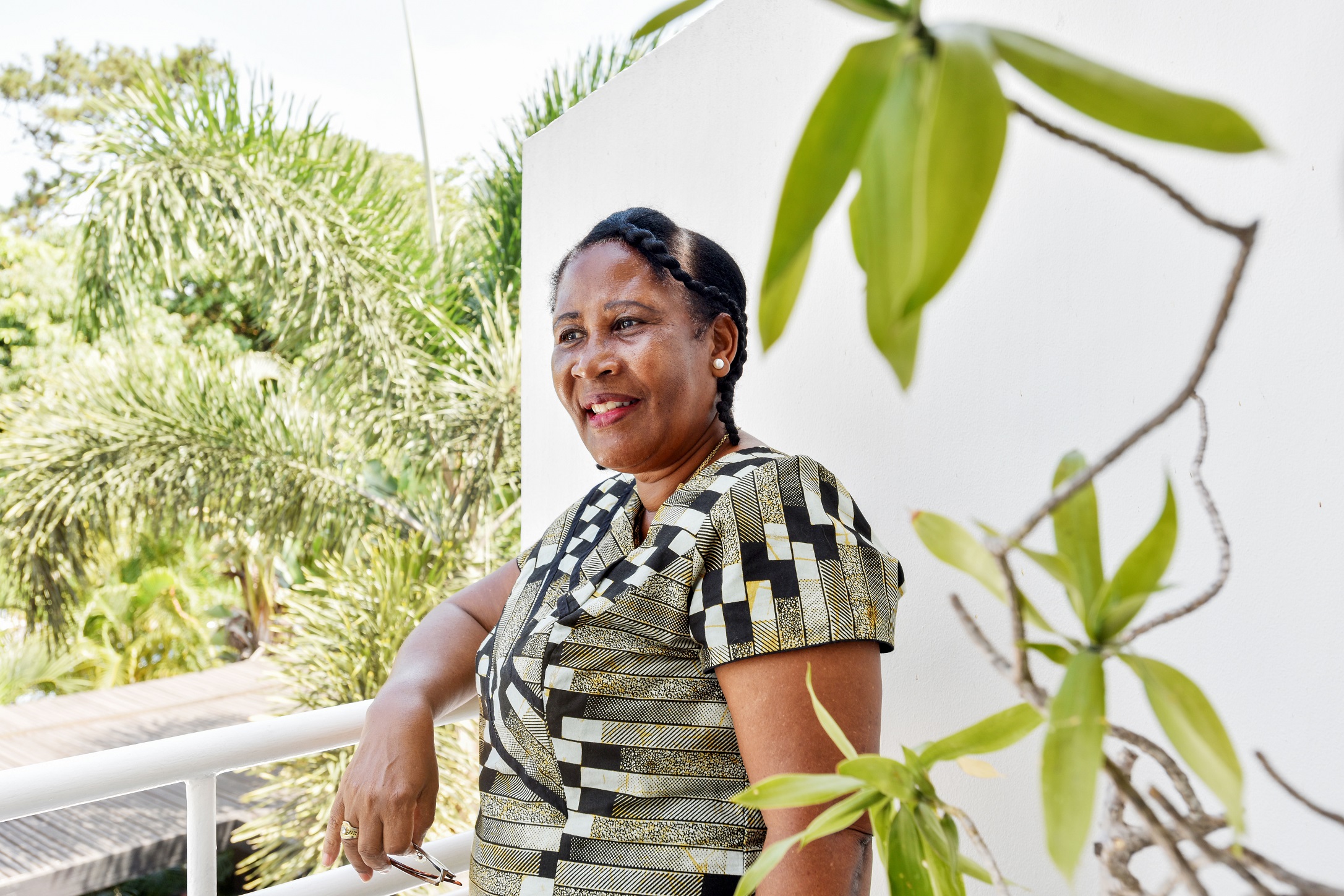
Elvira Viegas counts more than five albums in her discography, in which she explores social issues.
One day, in the early 1990s, in downtown Maputo, the singer crossed paths with Gilberto Mendes and Cândida Bila, shortly after they had left Mutumbela Gogo, wanting to start their own project. “I gave indications of what to write and said that they should send the letter to Lilia Momplé, who would be more open to the cause,” Viegas says, her eyes watering with pride for not having made a mistake in her suggestion. “They took good care of the space and now they have the whole building.”
Elvira even lent her hands, not as a composer, but as a seamstress of clothes for the costumes of some shows.
When taking up the word again, always hesitating under the wrapping of his shyness, in search of the word and the correct form of treatment, Guiamba says that he has been in doing theatre for as long as he knows himself. During childhood, he recalls, his mother frustrated his dream of being a football player, which he practiced in the Bagamoio pitch, in a suburban neighbourhood of Maputo, where he grew up, leaving aside the task of selling at his mother’s stall, in the market. When his mother went out to guevar, this term used to designate wholesale purchases to then sell retail, it was up to Horácio to open the stall. But, on the way back, she realized that the kid was shirtless with his “gang” chasing the ball.
Horácio has worked with Mbeu, Mahamba, made radio soap operas, films and advertising spots. But he assumes that it is on stage that he feels like an actor.
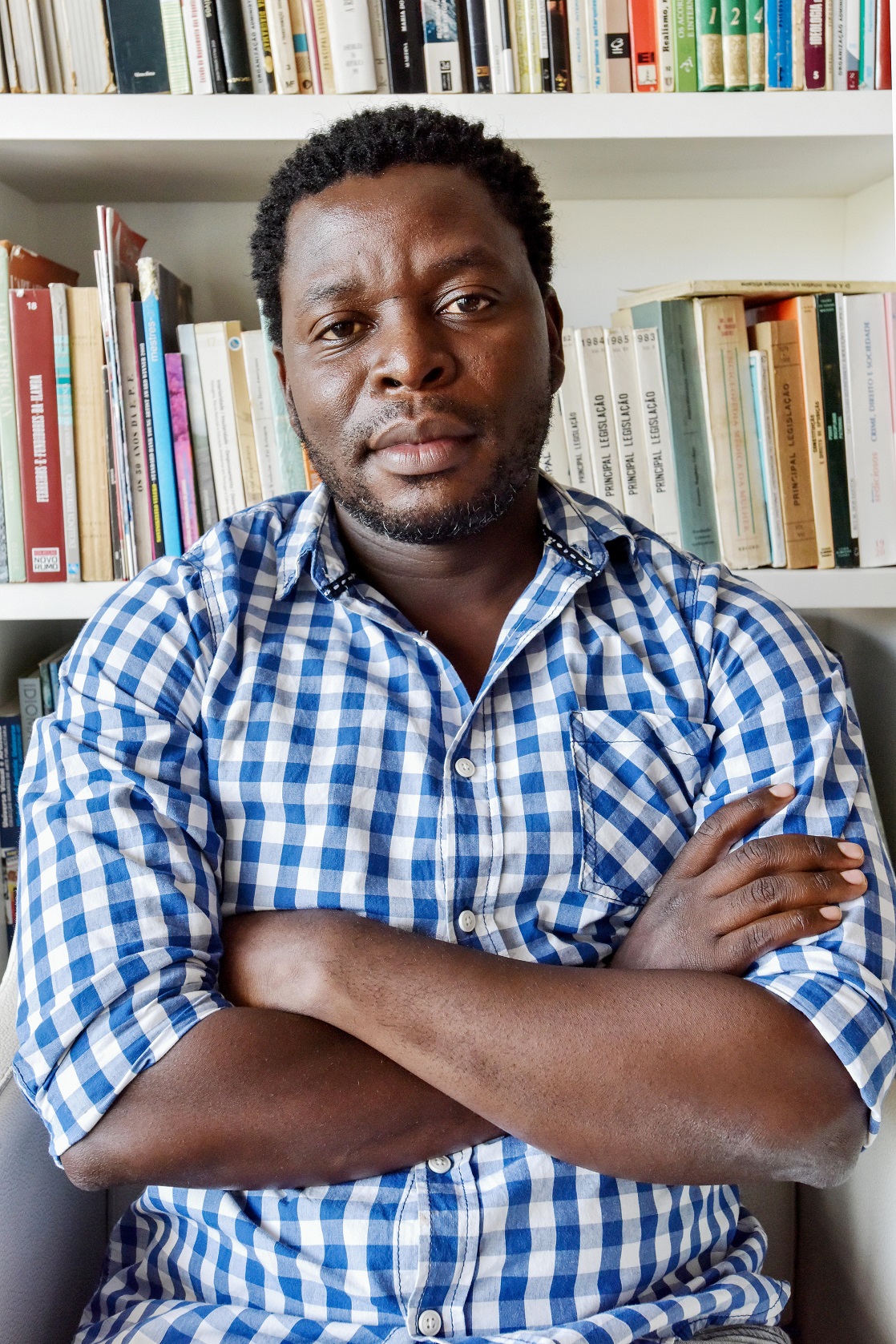
In his two-decade career, Horácio has worked with Mbeu, Mahamba, made radio soap operas, films and advertising spots. But he assumes that it is on stage that he feels like an actor, although he has already admitted: “I’m still afraid of the stage.”
Elvira, one of the renowned female voices of Mozambican pop music, who has won several Ngoma awards, at the oldest Mozambican music event, hosted by Rádio Moçambique, looks back with joy at the present.
Having started her career at a time when artists were seen as delinquents, under the ignorant mind-set that art is just for mere leisure, today she feels that there is a change in mentality on the part of artists, now also more concerned with identity.
“I feel that our music starts to be original. For a long time, we listened to three songs by different young people and, apart from the voice, nothing was different, the melody was the same and foreign.”
In the same vein, going back to the five years before the pandemic, Guiamba notes that, in theatre, there was a trend of improvement. “The chart was showing good signs with the emergence of several festivals, new groups,” he commented. But quality, he admits, is still an issue that needs to be worked on, which will take time.
Horácio Guiamba, however, does not believe in the transition from theatre to digital, as several groups and cultural centres have tried, to ensure that artistic activities do not stop with the pandemic. “Theatre, for me, is there, in the immediate, in the skin, in the adrenaline of mistakes and successes.”
If until the day of the conversation, Elvira Viegas, who has more than five albums in her discography, including Hora Chega, Xikalawito and a Best Of, in which she explores social issues, had not returned to the stage, Guiamba had just performed on one of the biggest theatre shows of last year, Chovem Amores na Rua do Matador.
In the play adapted by Mia Couto from a short story he co-wrote with José Eduardo Agualusa, printed in the book Terrorista Elegante, the actor took on the role of the protagonist Baltazar Fortuna. “I missed the stage,” he confessed.
Shared laughter is better, Elvira reacted, and live theatre can’t die. “It’s good to see that youth is waking up to what really matters, rolling up their sleeves to make their contribution to the country.
In closing, we return to the beginning. Horácio, who is shy before the camera, after already seated, asks Elvira: “What is the secret to joviality?” Answer: “The way of being, self-discipline, allowing yourself to have a healthy life. I sleep on time, I only miss nights when I have concerts and it’s a sacrifice.”
Issue 71 Jan/Feb | Download.



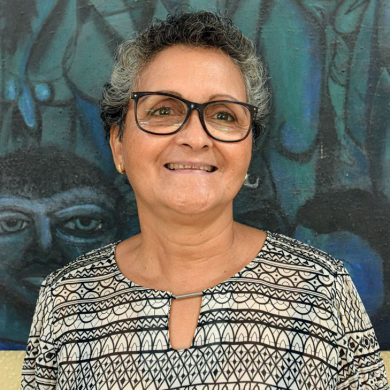

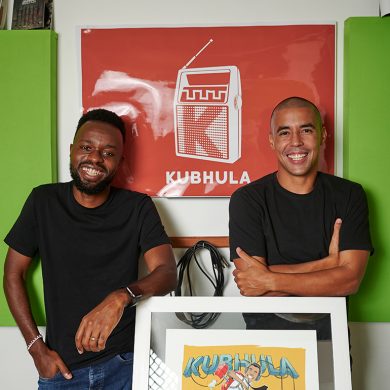
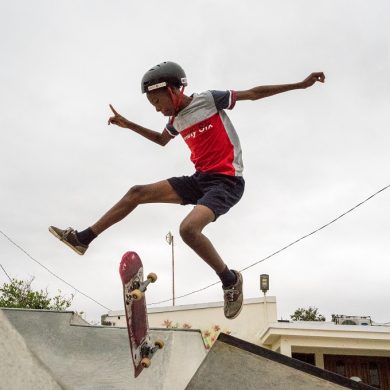

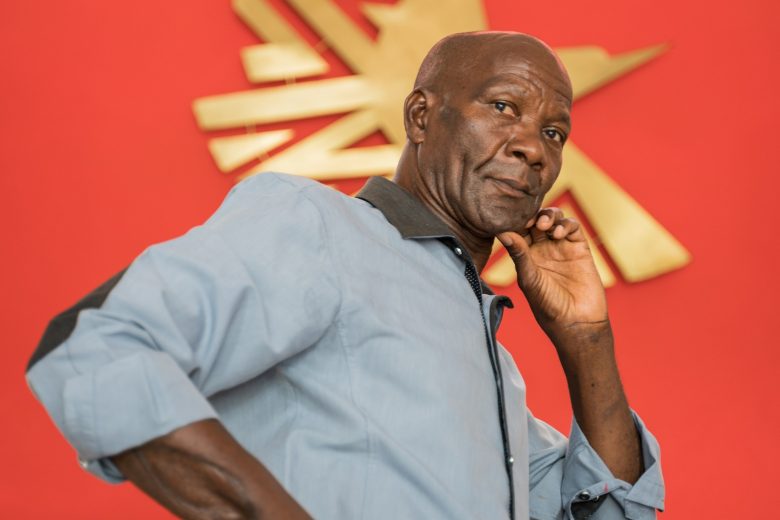














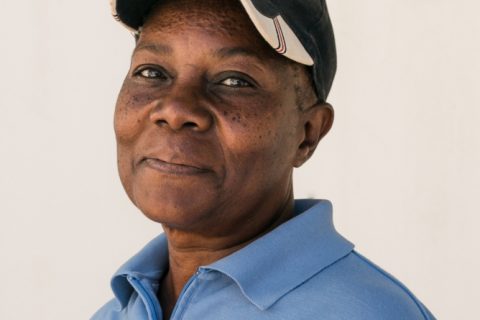


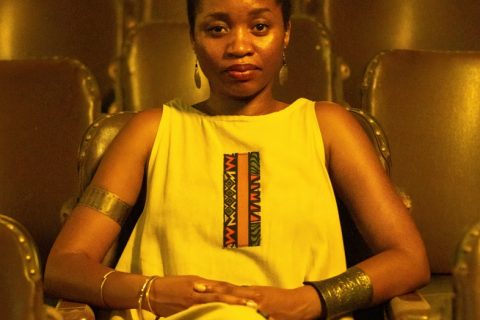
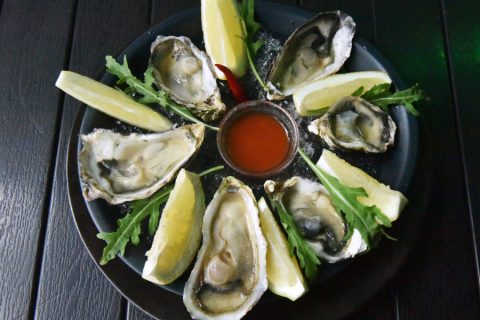
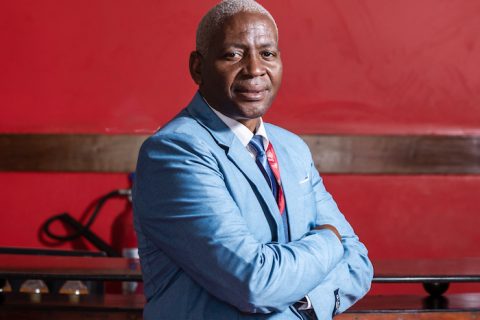

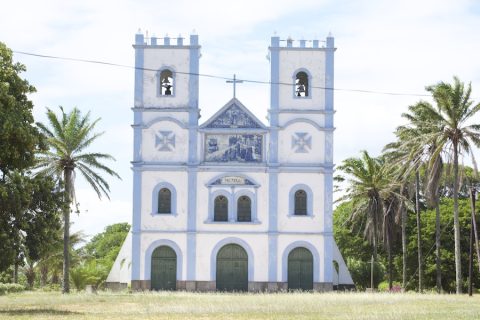
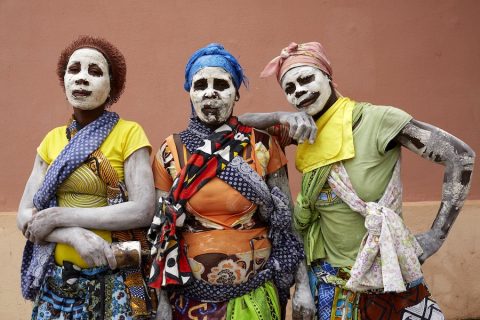



0 Comments